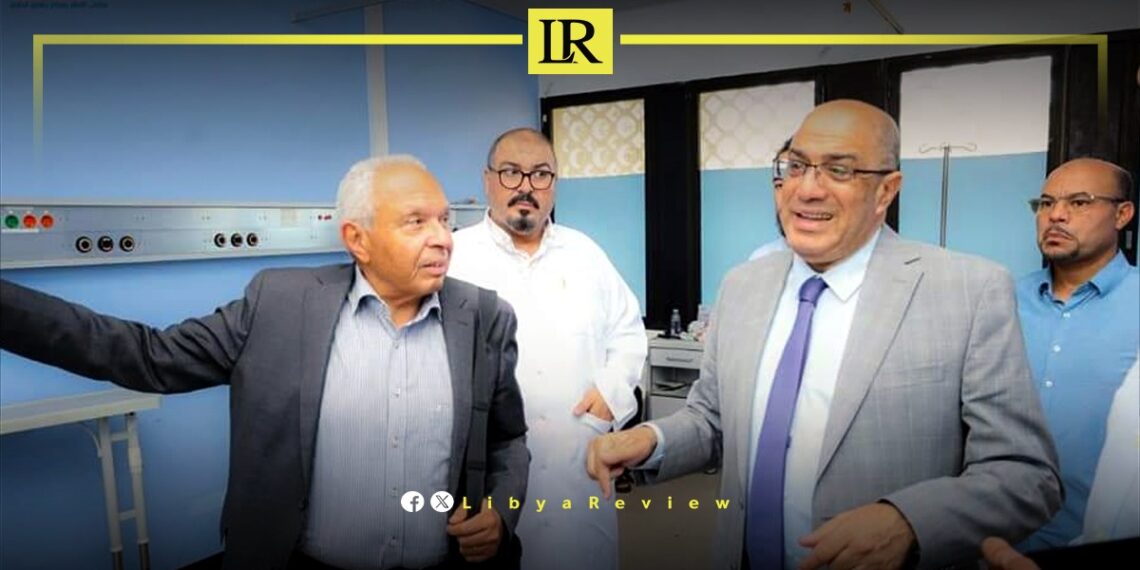The Benghazi Medical Center hosted a significant meeting of the technical committee tasked with establishing Libya’s first bone marrow transplant unit. On Tuesday, the meeting was attended by specialised consultants from Egypt, Dr. Hossam Kamel and Dr. Raafat Abdel-Fattah.
This initiative follows directives from Libyan Prime Minister-designate Osama Hammad and was closely monitored by Health Minister Othman Abdeljalil to select the most suitable location for the new unit.
During the meeting, participants reviewed all essential requirements for the medical unit, including necessary equipment and facilities for performing complex and precise bone marrow transplant procedures. They also examined the latest scientific methods and strategies for implementing the bone marrow transplant program in the country.
Following the meeting, a site visit was conducted to determine the optimal location within the center for the unit. The new facility is expected to provide free treatment services to cancer patients throughout Libya, with full support from the Libyan government and the General Command of the Armed Forces.
This initiative highlights the Libyan government’s ongoing efforts to enhance healthcare services and provide advanced medical care within the country, showcasing its commitment to collaboration with specialized medical entities.
Libya has been in chaos since a NATO-backed uprising toppled longtime leader Muammar Gaddafi in 2011. The county has for years been split between rival administrations.
Libya’s economy, heavily reliant on oil, has suffered due to the ongoing conflict. The instability has led to fluctuations in oil production and prices, impacting the global oil market and Libya’s economy.
The conflict has led to a significant humanitarian crisis in Libya, with thousands of people killed, and many more displaced. Migrants and refugees using Libya as a transit point to Europe have also faced dire conditions.
The planned elections for December 2021 were delayed due to disagreements over election laws and the eligibility of certain candidates. This delay has raised concerns about the feasibility of a peaceful political transition.
Despite the ceasefire, security remains a significant concern with sporadic fighting and the presence of mercenaries and foreign fighters. The unification of the military and the removal of foreign forces are crucial challenges.


